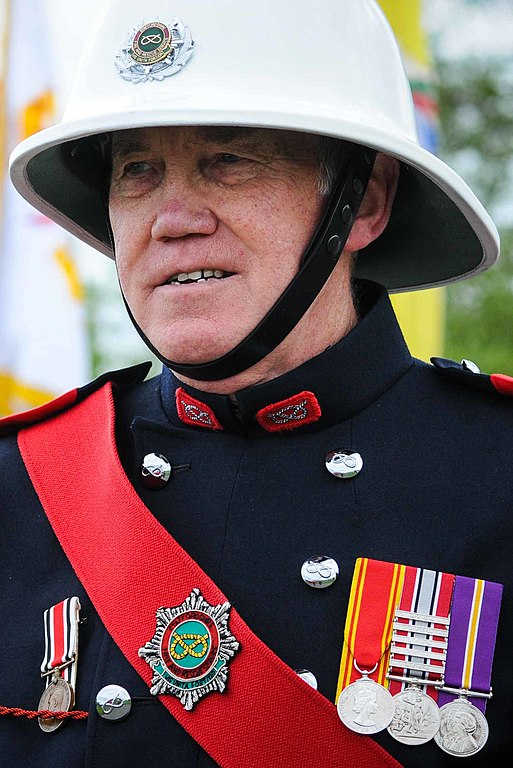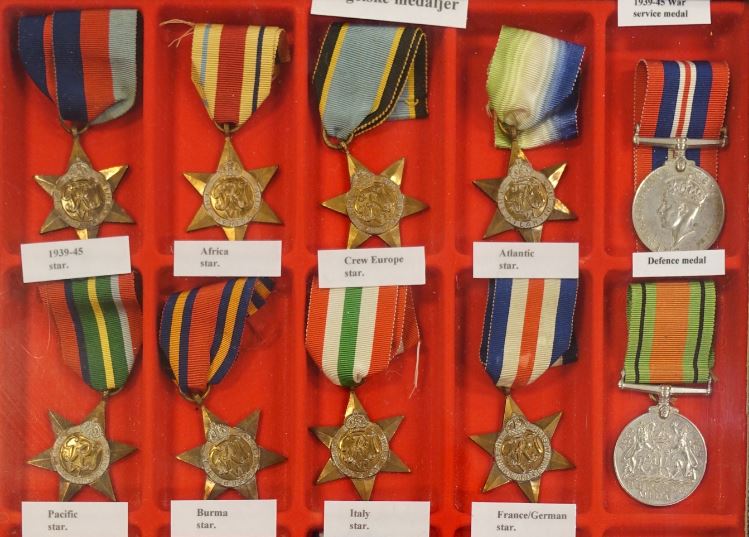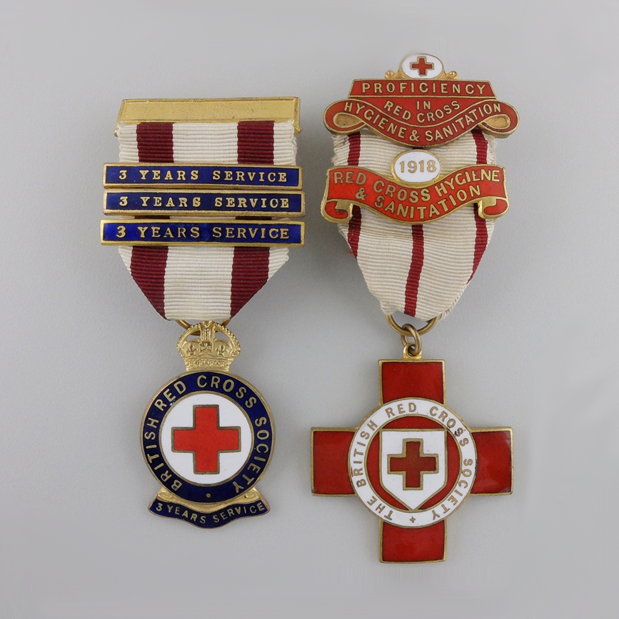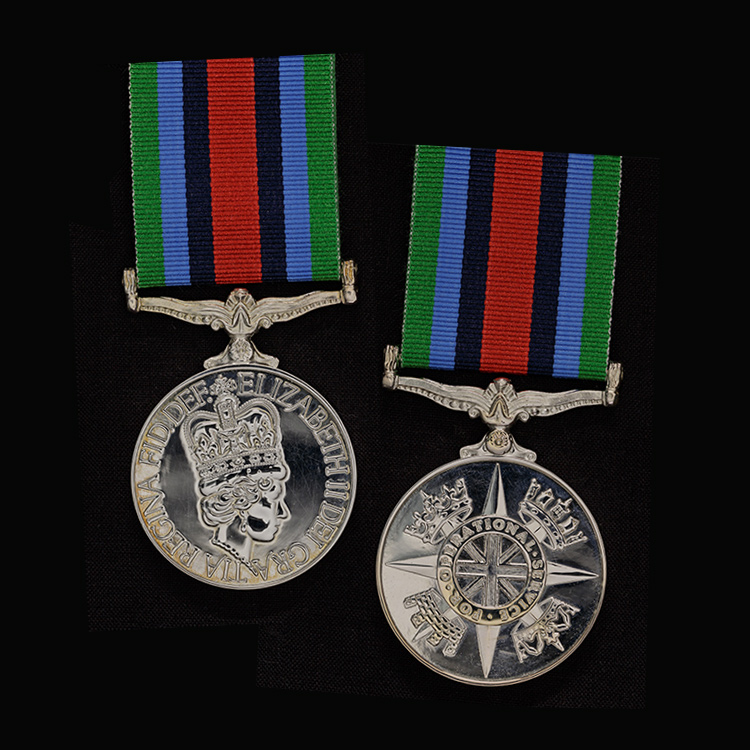Throughout history, the British Armed Forces have recognized the unwavering dedication, exemplary service, and impeccable conduct of their personnel through a series of distinguished medals. These Long Service and Good Conduct Medals serve as symbols of honor and commitment, celebrating the careers of those who have dedicated significant portions of their lives to military service.
Long service and good conduct medals emerged as a means to recognize the sustained dedication and exemplary behavior of military personnel. Initially, such recognition was informal, but by the 19th century, formalized awards were introduced. These medals not only honored individual commitment but also served to encourage high standards of professionalism and discipline within the ranks.
The purpose of this article is to provide a comprehensive list of these medals, highlighting their historical significance and the criteria for their award.
Long Service and Good Conduct Medals:
The Historical Context
The tradition of awarding medals in the British military dates back to the 17th century, with the earliest recorded medals given for acts of valor and significant military achievements. Over time, these awards evolved to include various categories, such as campaign medals, gallantry awards, and long service and good conduct medals.
In fact, it was the introduction of the Victoria Cross in 1856 that marked a significant milestone, setting a high standard for gallantry awards. In terms of service and conduct, the Naval Long Service and Good Conduct Medal, established in 1830, was one of the first of its kind, followed by similar medals for the army and volunteer forces.
Long Service and Good Conduct Medals from the UK
Let’s take an in-depth look at the various medals awarded to recognize the dedication and professionalism of service personnel. From the prestigious Naval Long Service and Good Conduct Medal, established in the early 19th century, to other significant awards.
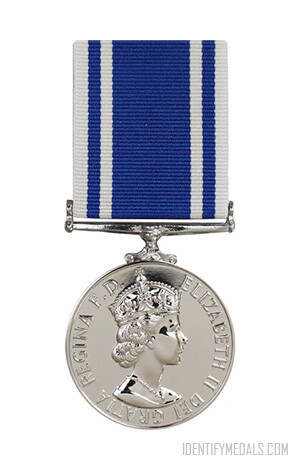
The Police Long Service and Good Conduct Medal
The Police Long Service and Good Conduct Medal was instituted in 1951 and is awarded for twenty aggregate years of service in the police.
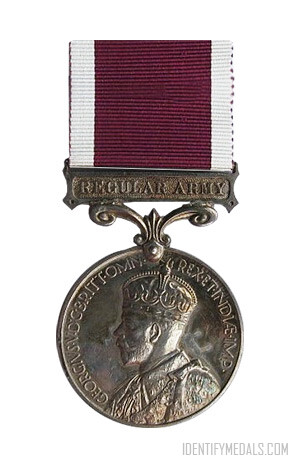
The Medal for Long Service and Good Conduct
The Medal for Long Service and Good Conduct was instituted by King George V in 1930 and initially awarded to Regular Force officers.
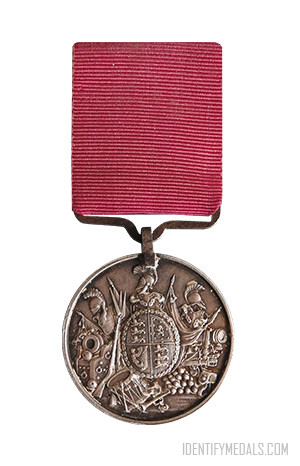
The Army Long Service and Good Conduct Medal
This Army long service medal was instituted by King William IV in 1830 and remained in use for a hundred years, until 1930.
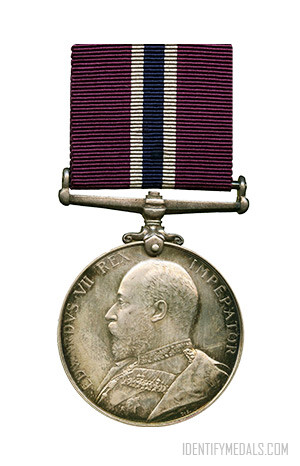
The Permanent Forces of the Empire Beyond the Seas Medal
The Permanent Forces of the Empire Beyond the Seas Medal was established in 1910 to supersede the several local versions of the Army one.
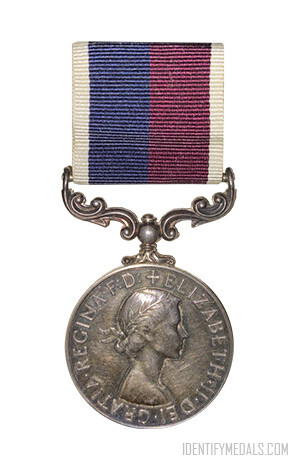
The Royal Air Force Long Service and Good Conduct Medal
The Royal Air Force Long Service and Good Conduct Medal was instituted by King George V in 1919 and awarded to officers and airmen.
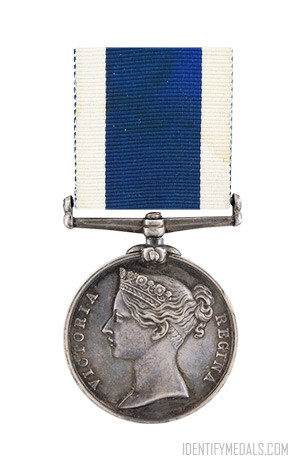
The Naval Long Service and Good Conduct Medal
This long service medal, established in 1848, is still awarded to regular members of His Majesty’s Naval Service.

